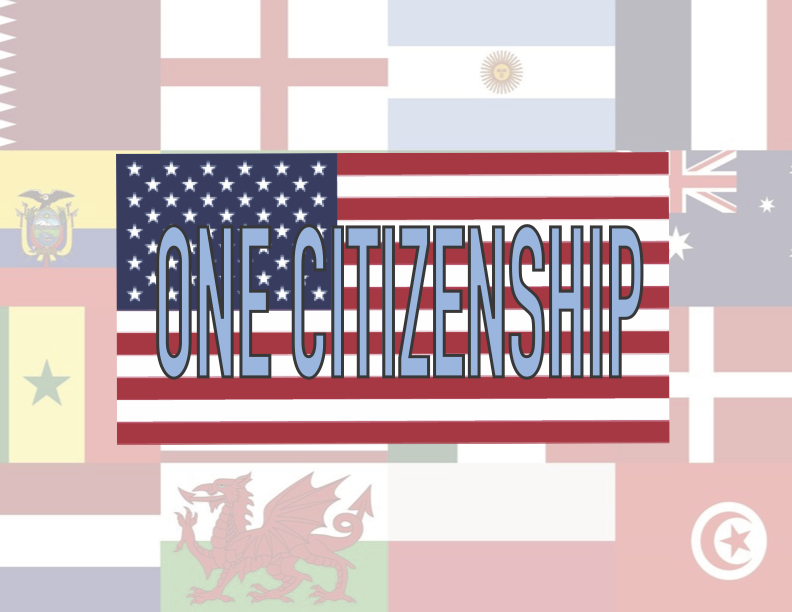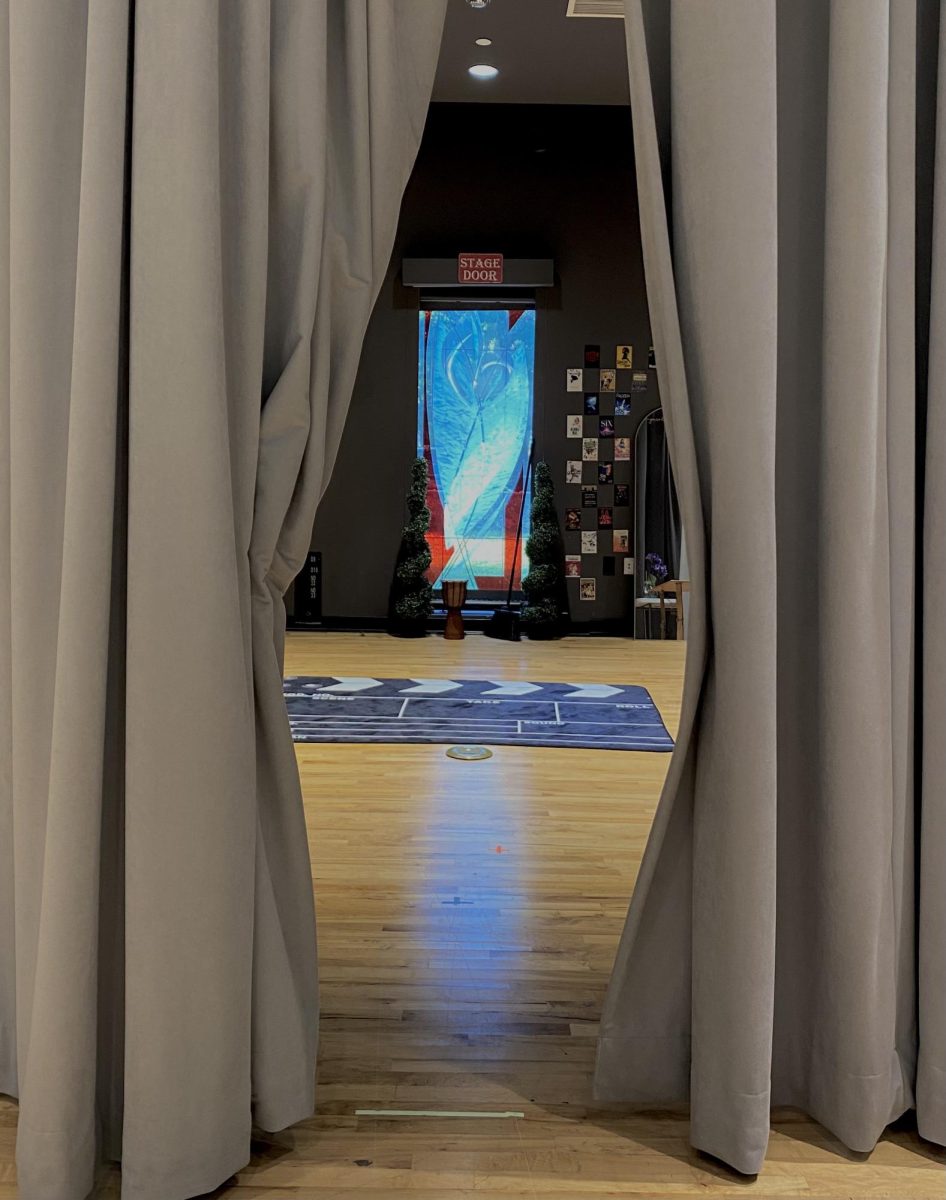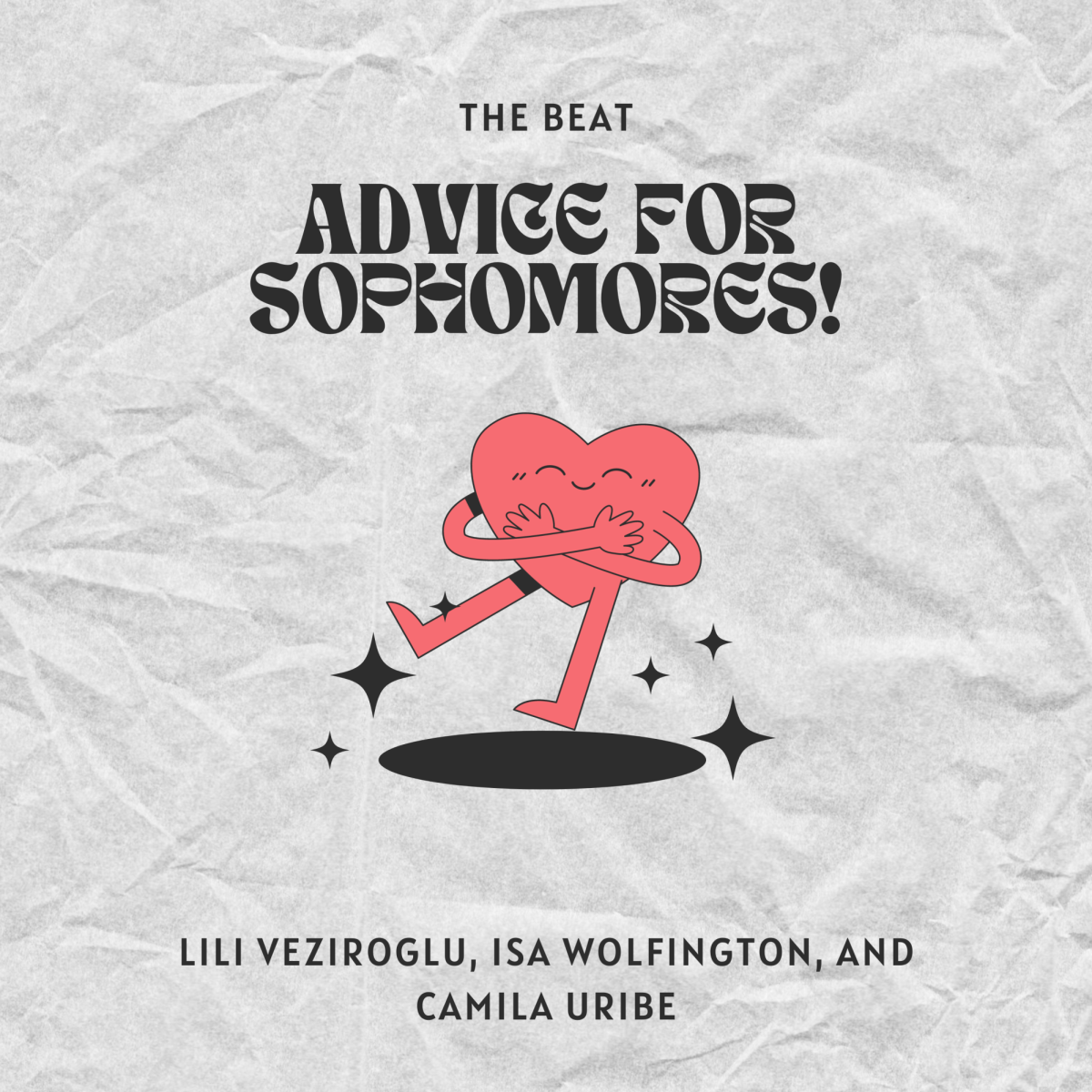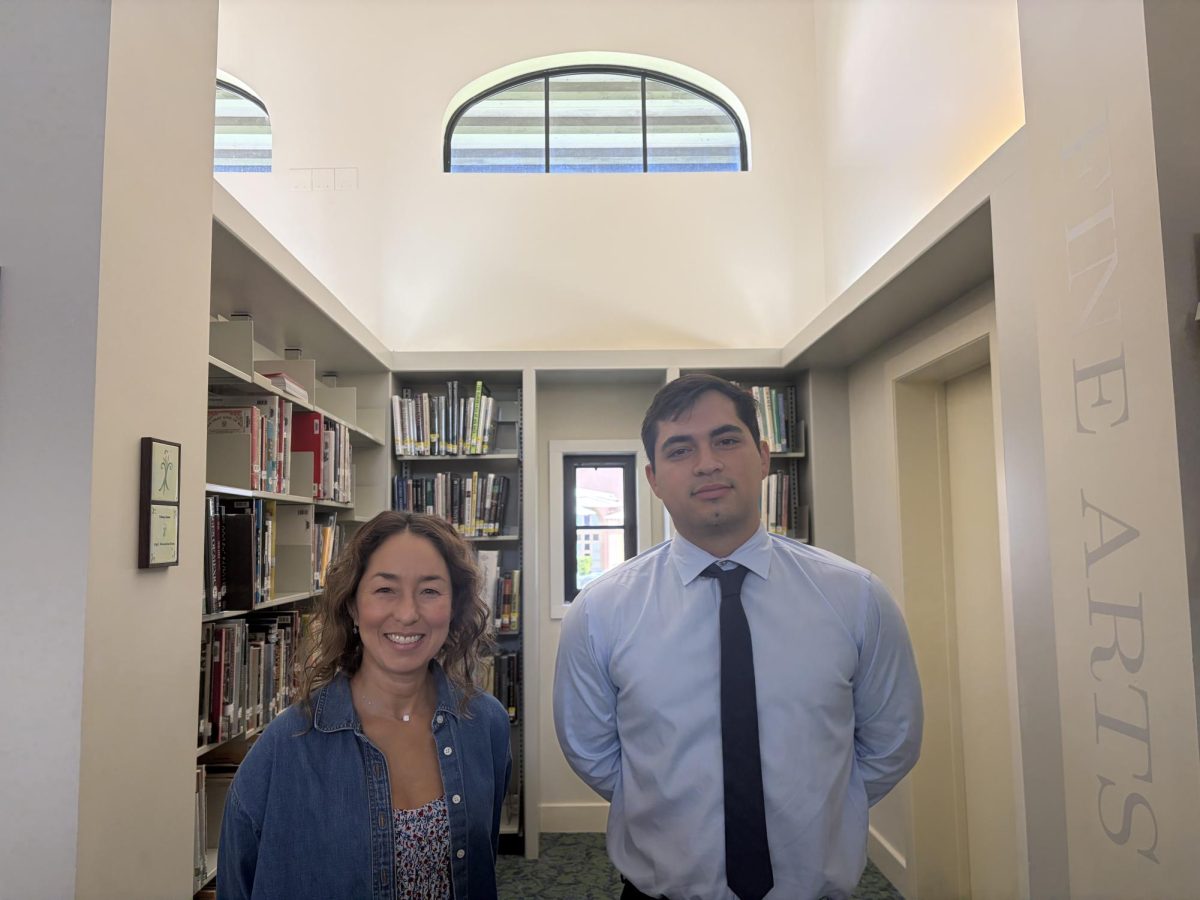
Dr. Caroline Nacif is a board-certified dermatologist based in São José dos Campos, São Paulo, Brazil. She graduated from Souza Marques School of Medicine in Rio de Janeiro, Brazil. Nacif specializes in cosmetic dermatology, offering her patients treatments that enhance natural beauty with elegance and care. Coming from a family of health professionals, she felt destined to continue the path. Her calling to dermatology specifically came about by the loss of her father to melanoma, which inspired her to promote early detection and skin cancer awareness. She has been a member of the Brazilian Society of Dermatology since 2013.
The following interview has been translated from Portuguese. It has been edited and condensed for clarity.
What is your job like as a dermatologist? What led you to choose this career?
Dermatology is a very dynamic specialty. I work with clinical dermatology, aesthetics, hair disorders, surgical procedures, lasers, and technology. Dermatology might seem superficial, but the skin reflects many internal conditions. A dermatologist takes care of skin health, manages aging and, what truly fascinates me, is the connection I create with each patient. That connection enriches me and makes me a better person. I specifically chose dermatology because my father passed away from skin cancer, and I needed to visit a dermatologist frequently to monitor my moles. When I came across dermatology during medical school, I was fascinated. I had exceptional professors who made me want to study more and join scientific groups and mentoring programs. I started accompanying them at their clinics to understand the day-to-day routine, and I fell in love! I’m completely fulfilled with this decision.
What are the most common skin problems you see in teenagers?
I often see acne, atopic dermatitis, keratosis pilaris, stretch marks, and fungal infections.
What is the biggest mistake teenagers make when it comes to skincare?
Some of the mistakes that I often see are teenagers not applying sunscreen, not moisturizing the skin, not washing their faces properly, not removing makeup thoroughly and using too many unnecessary products.
How can a teenager create a basic skincare routine?
First, they need to see a dermatologist who will understand their needs, daily habits, and identify their skin type. After knowing their skin type, they can begin a basic routine with specific products for that skin type. The base of the routine should include cleanser, moisturizer and sunscreen.
Are more expensive skincare products really better than drugstore ones?
Definitely not!
Which ingredients should teenagers look for or avoid in skincare products?
Teenagers usually have oily skin due to hormonal stimulation from puberty. To care for oily skin, we should avoid ingredients that increase sebum production or clog pores. Some examples of ingredients to avoid are petrolatum, mineral oil because it can clog pores, coconut oil, wheat germ oil that is potentially comedogenic, silicone like dimethicone, ethyl alcohol and vegetable butters.
Does diet really affect the skin? If so, how?
Yes. Foods with a high glycemic index can increase oil production and worsen acne.
What’s the truth about sun exposure? How much is too much? And why is daily sunscreen so important, even on cloudy days?
Excess sun exposure accumulates over time and can lead to sunburns and is a crucial factor in developing skin cancer and photoaging. Ideally, sunscreen should be applied every morning and reapplied throughout the day. If exposed to the sun, reapply every 2 hours. Even on cloudy days, UV rays still pass through and can cause sunburn.
Do stress or lack of sleep affect teenagers’ skin? How so?
Stress and sleep deprivation can lead to inflammation in our bodies. We release oxytocin and cortisol, and this will have an impact on our skin. All of these things make our skin more oily, which will lead to an increase in the formation of pimples and blackheads. So sleep deprivation, and stressful situations during exam time that cause anxiety are completely normal, but they release some inflammatory mediators, cytokines, hormones like cortisol, and these things have an impact on our skin. It’s really important that we take care of ourselves so that our skin and our body in general can perform better.





































